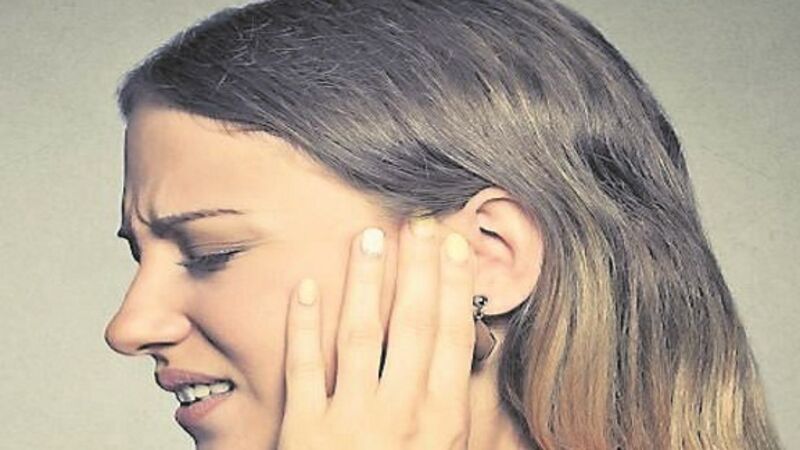Suffering from tinnitus isn't the pain in the ear it used to be

MANY of us will have experienced the sensation of hearing sounds that seem to be coming from nowhere other than deep inside our own heads and ears — perhaps a high-pitched ringing, or hissing sound.
Thankfully for most of us, these sounds will be nothing more than a mild and temporary irritation — but for some people, tinnitus can become a significant problem.








